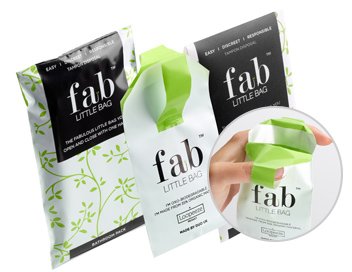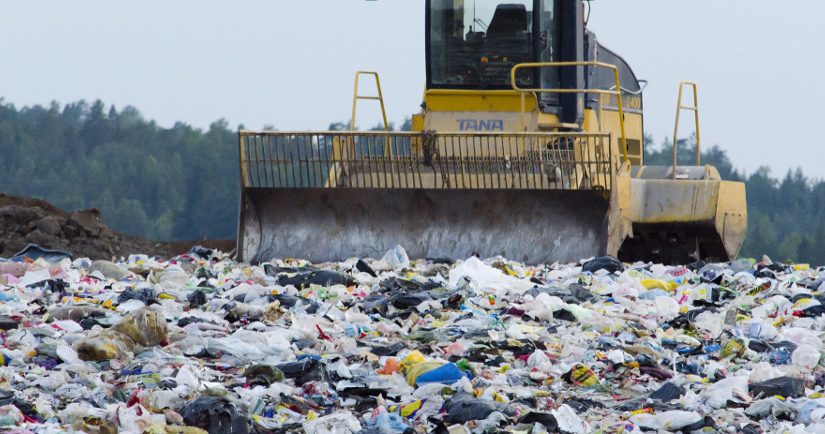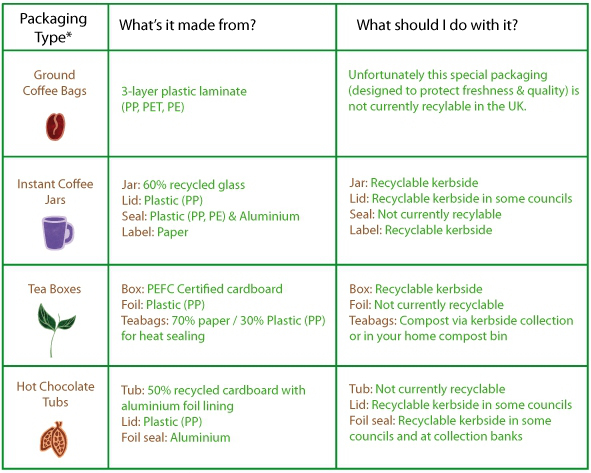How the last taboo is costing the environment.
It’s something that nobody talks about, which means the environmental consequences go unchecked as well. We’re talking tampon disposal and it’s a polluter of our rivers and beaches.
Ground-breaking new research has uncovered shocking ignorance and angst about the simple question of how to dispose of tampons. Just 41%* of women surveyed know that tampons should never be flushed.
Tampons are often considered ‘flushable’ as they can usually make it past the u-bend, but the problems occur further down the line. Unlike toilet paper, tampons don’t disperse, in fact they expand significantly when submerged in water; so they start to form blockages. Blockages cause overflows, with sewage seeping into homes and gardens and rivers; rivers lead to the sea…this is how used tampons (and other non-flushables such as wipes and condoms) end up being swept into the waterways, polluting our beautiful natural landscapes.





